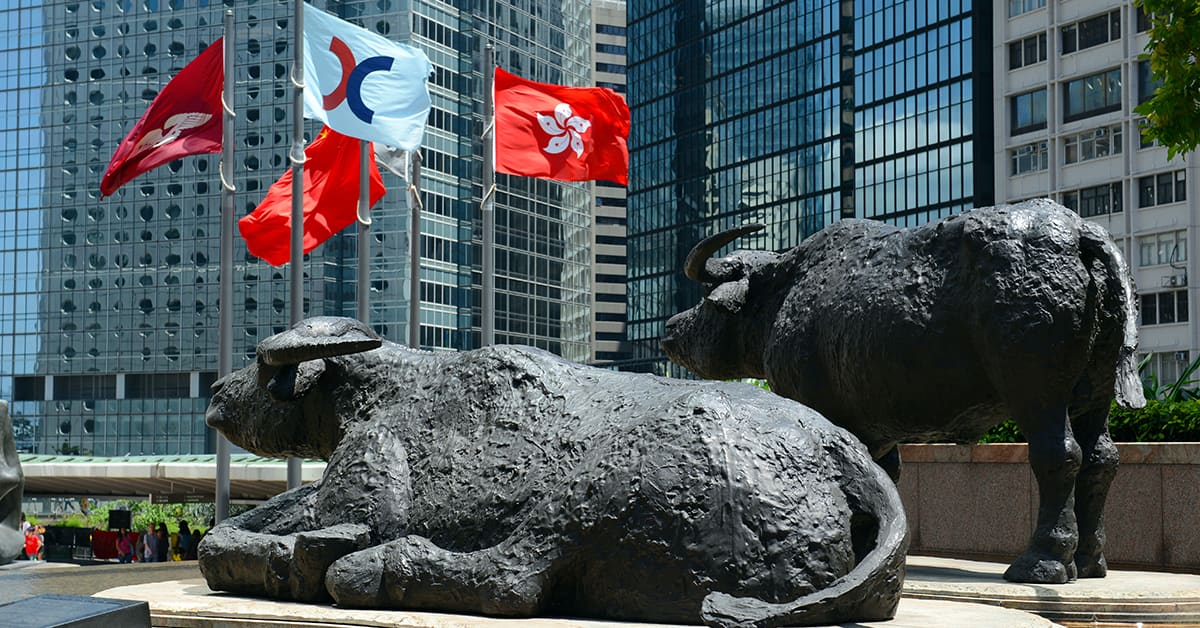The era of Chinese companies getting listed on the New York Stock Exchange appears to be over, at least for now.

DiDi Global, the Chinese Uber, became one of the best-known Chinese companies in the global investment community shortly after its NYSE IPO on June 30. The IPO took place immediately before new cybersecurity review rules were implemented by the Cyberspace Administration of China (CAC). Two days after its IPO, DiDi was subjected to government review and banned from obtaining new users in China, while its data app was removed from China’s online app store. After struggling to navigate a series of tightening regulations, DiDi was ordered by the Chinese government to delist from the US stock exchange in November.
The move signaled the end of Chinese firms’ golden period on the US stock exchange.
The Hong Kong Exchange (HKEX) has been considered the first choice of Chinese companies’ “homecoming wave” ever since it was reformed in 2018 to allow a dual class share structure. Several Chinese companies (Alibaba, JD.com, Baidu, Trip.com and Bilibili) successfully undertook their secondary listings in Hong Kong from 2019 to 2021. But DiDi’s homecoming won’t be so easy. Its short stint on the NYSE made investors leery, which led to the company’s stock slumping over 20% following the announcement in early December. DiDi will very likely face class-action lawsuits in the US as a result.
The shakeout continues. As of early December 2021, 27 US-listed Chinese companies with a total market cap of around $250 billion are eligible and will most likely seek secondary listing on the HKEX, including Pinduoduo (No. 3 in e-commerce after Alibaba and JD.com), electric-car manufacturer NIO and video gaming platform iQiyi.
Nevertheless, with US investors owning significant shares in those 27 Chinese companies—a median of 43%, according to CNBC calculations—the ties between China and US investors won’t be undone easily.



